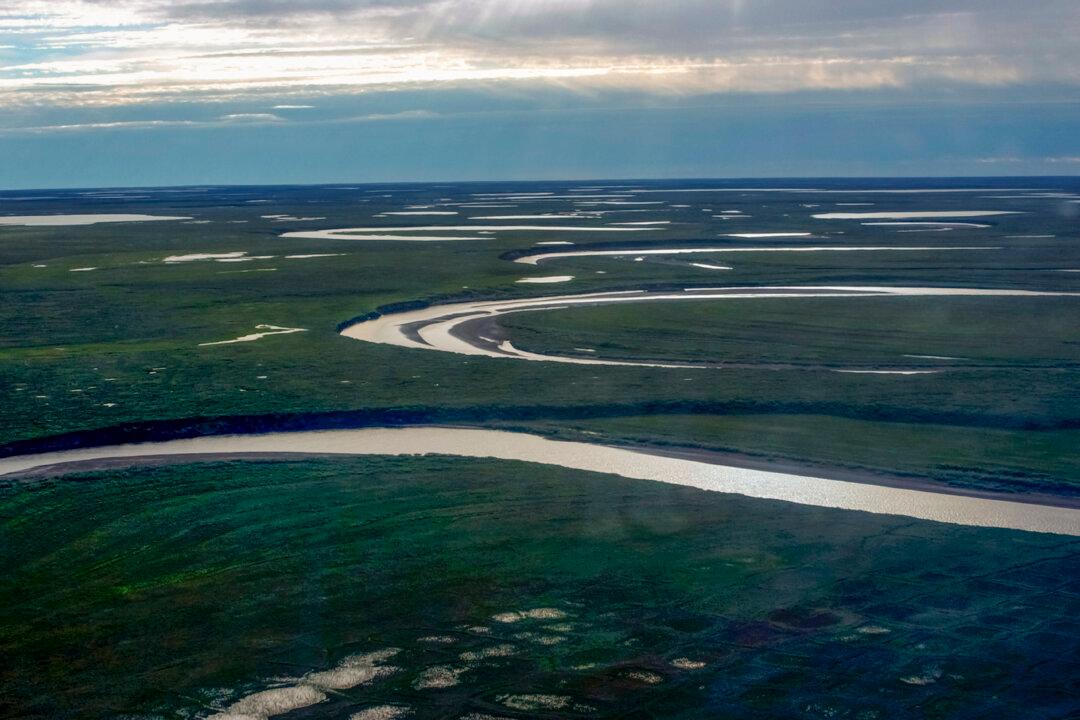The recent implementation of a new rule governing national petroleum reserves in Alaska, which closes millions of acres to oil and gas extraction and bans infrastructure construction, has ignited a series of legal challenges.
In separate lawsuits last week, the state of Alaska, alongside major oil companies, moved to contest the rule issued by the U.S. Department of Interior’s Bureau of Land Management (BLM) for the management and administration of the National Petroleum Reserve in Alaska (NPR-A). The suits argue that the rules represent overreach and will have detrimental effects on energy development.





